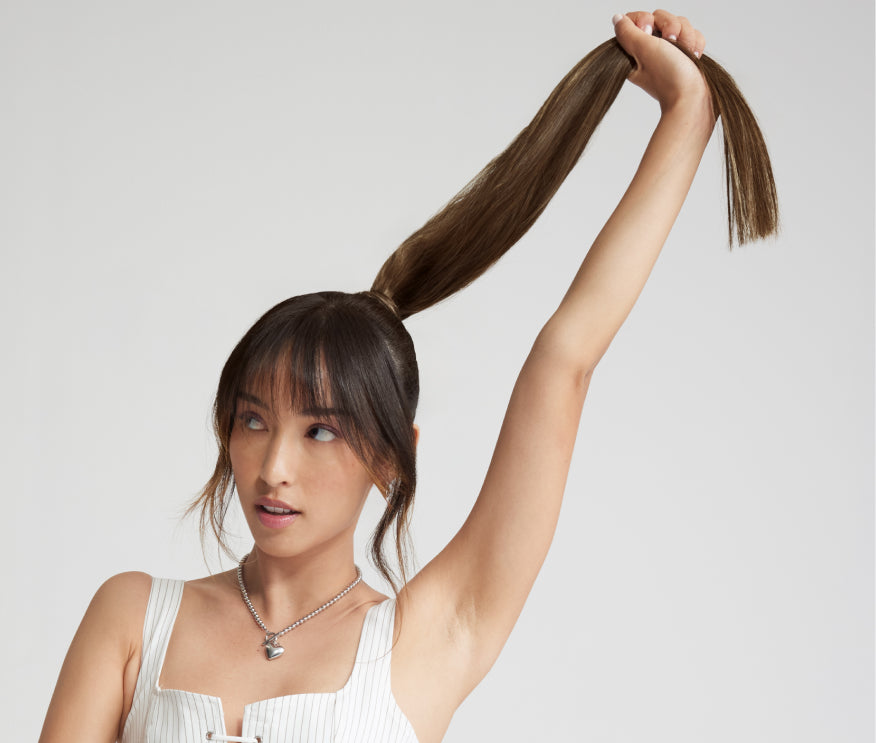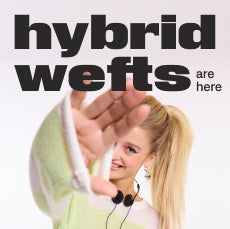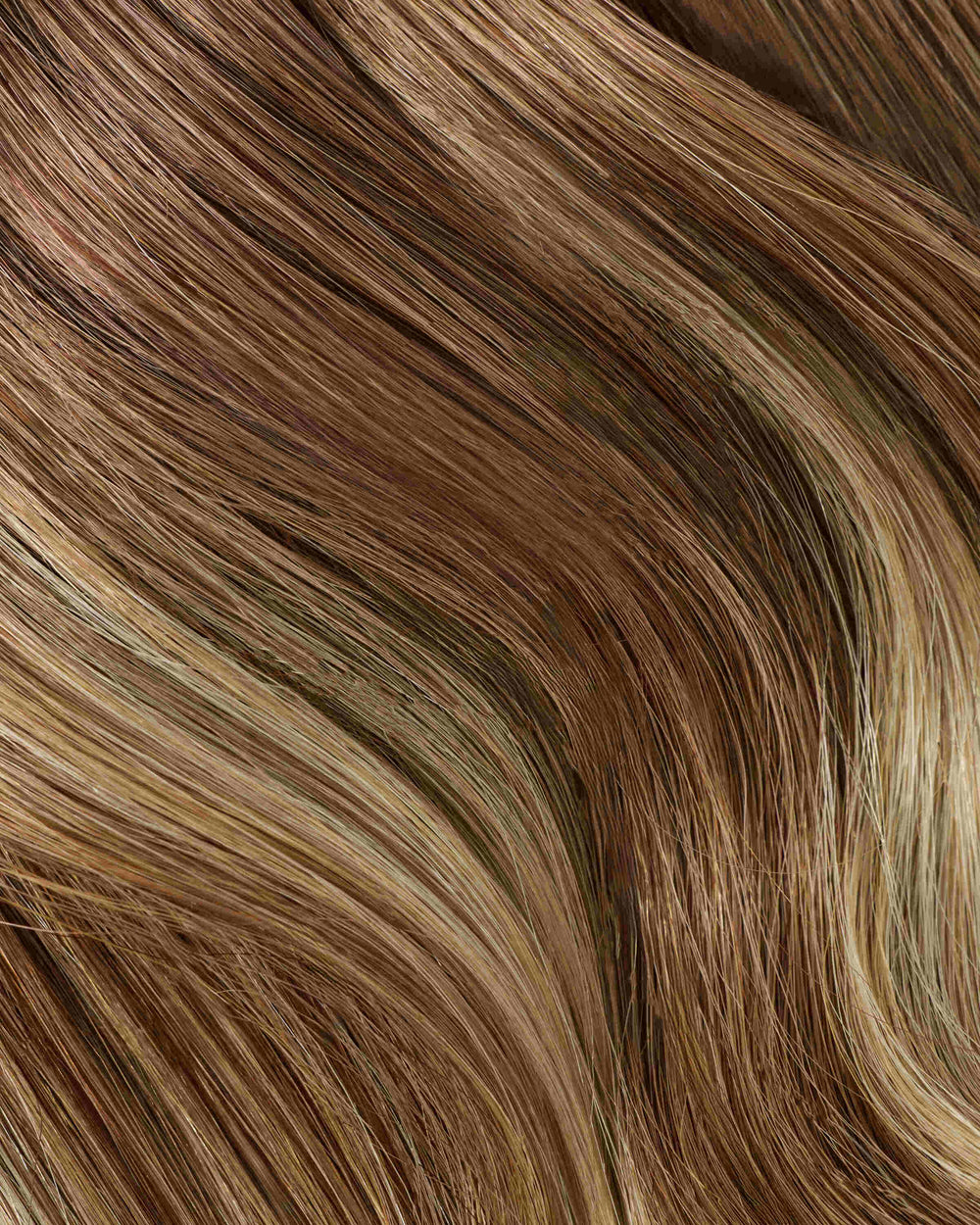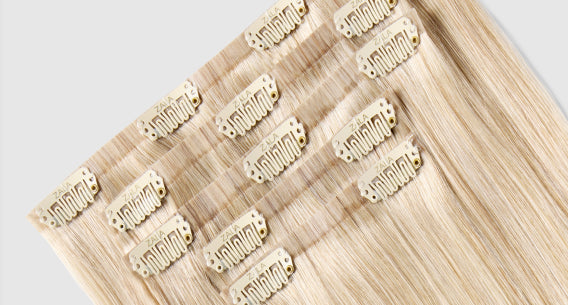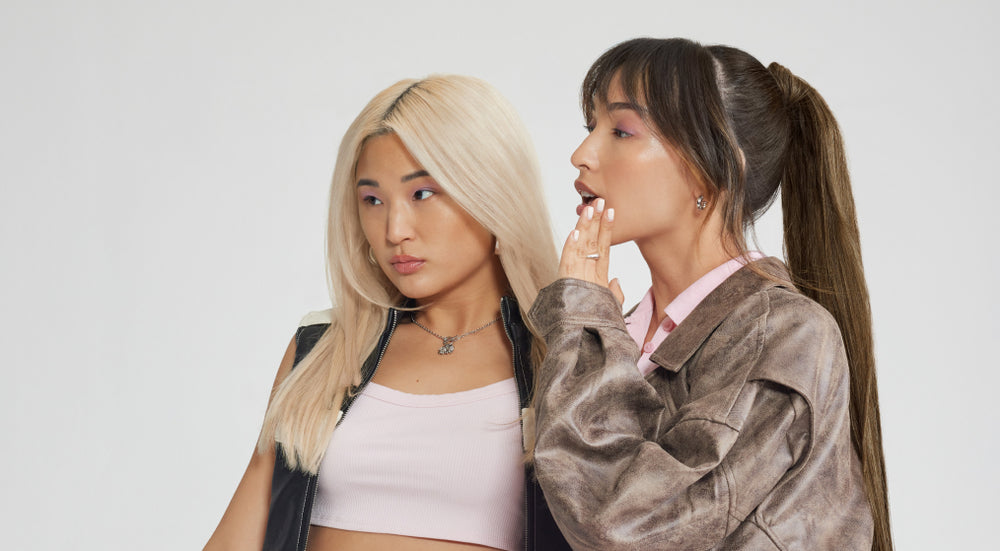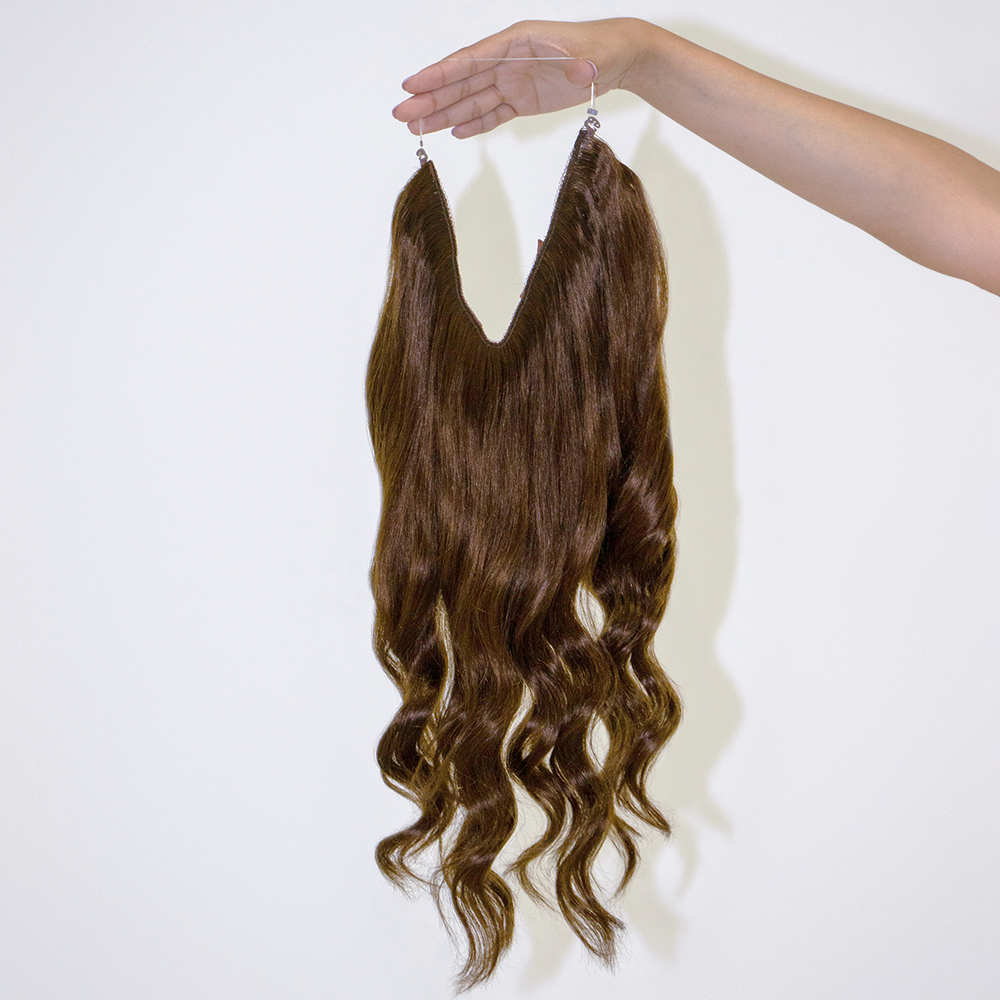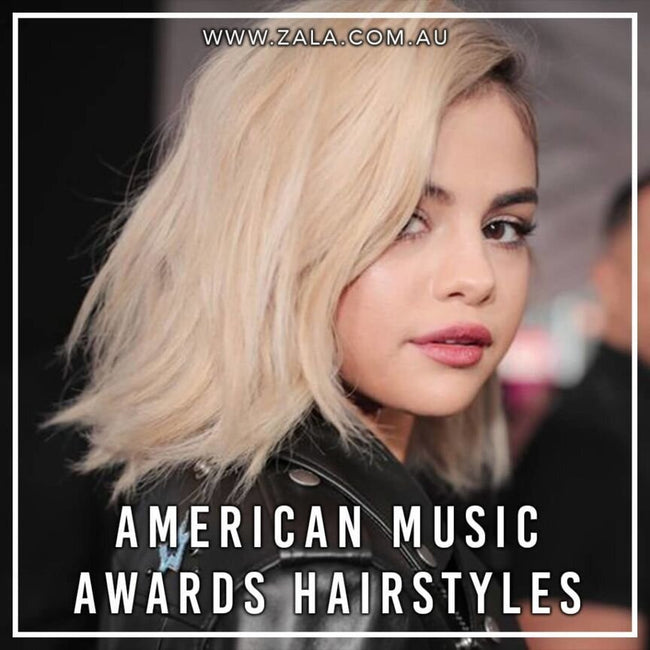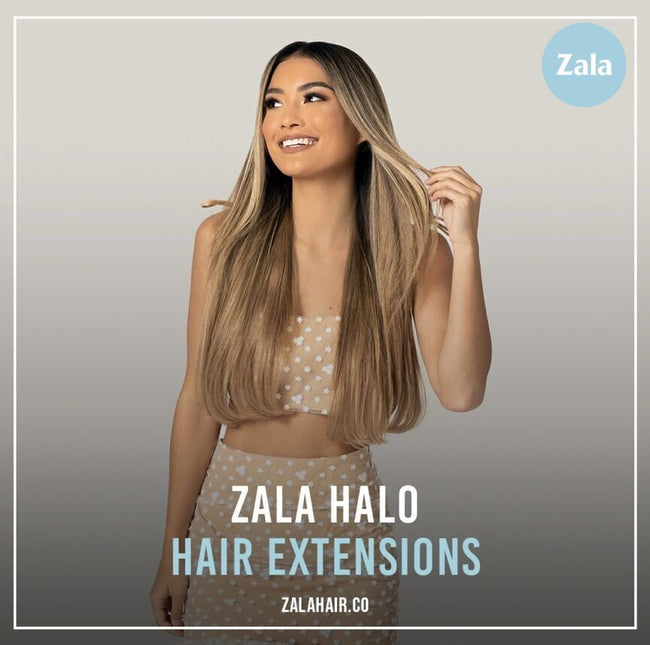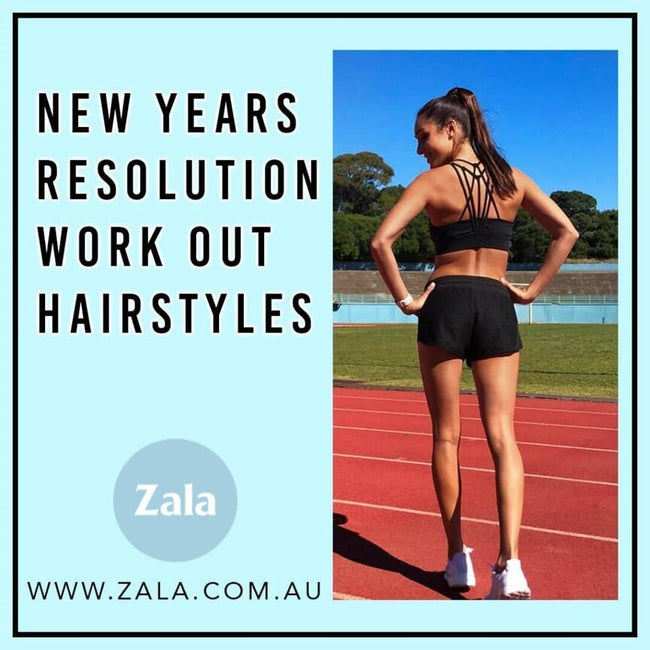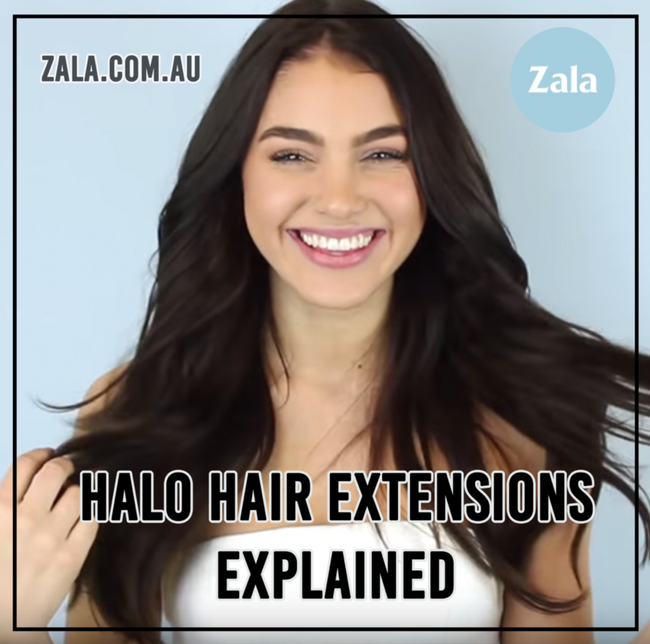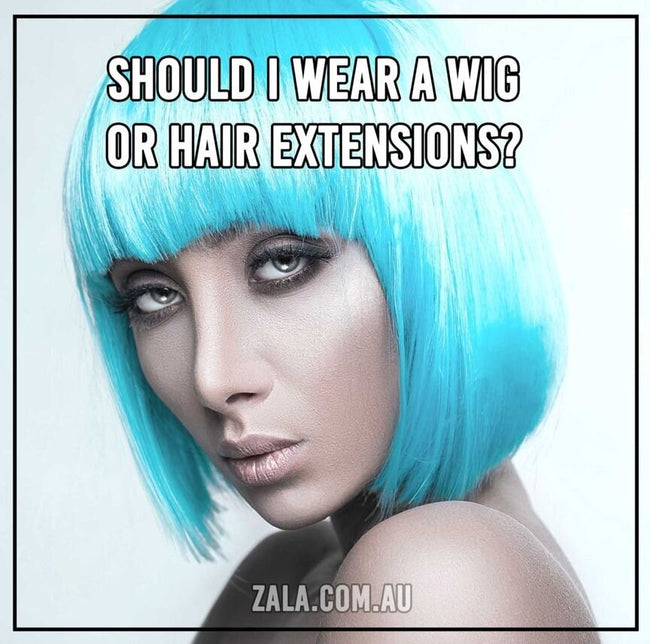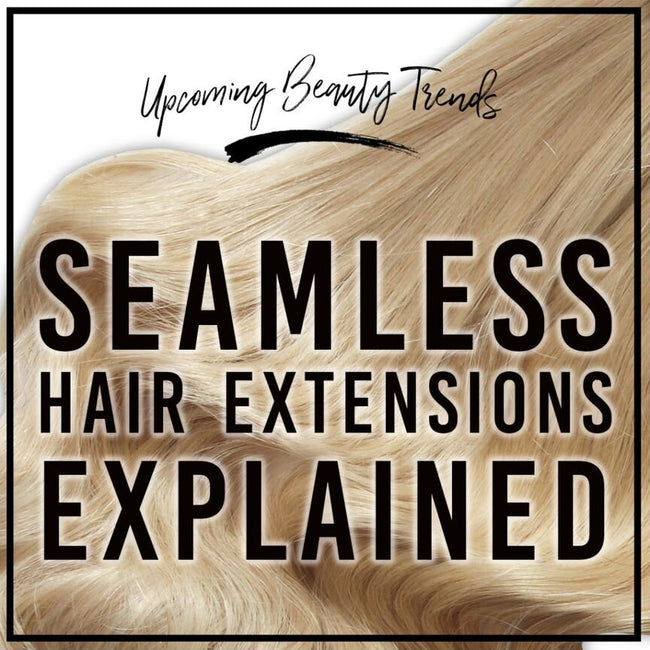Do hair extensions damage your hair?
The all mighty debatable topic...Do hair extensions damage your hair? Hair extensions sometimes have a reputation for being high-maintenance, damaging to your natural hair, and expensive. Let us tell you, we here at ZALA have tested a lot of them over the years, some are just that, expensive and high maintenance however let us take a moment to introduce you about the methods which are not! Times have changed and we no longer need to damage our hair long term for a few months of beautiful locks! So, do hair extensions damage your hair or not? Let's find out!

Beautiful, damage free ZALA hair extensions
Do hair extensions damage your hair?- Methods which can:
Micro-loop hair extensions
-Micro-loop and nano-loop hair extensions have the highest up keep cost. -This method requires hours of work in order to apply the hundreds of individual beads. -This method has found to be harsh on the hair and can matte easily during the grow out phase. -Cost: This can cost upwards of $500 to have a full head applied by a professional.

Weave in hair extensions:
-Wearing a heavy and bulky row of hair in your natural, delicate hair is no doubt not a good combination. -If your hair is already weak or coloured then having hair pulling down on it 24/7 will cause more breakage and can even cause head aches. -This method can be very obvious and if your hair is on the finer side, you will almost definitely be able to see the bulky row. -This method of hair extensions can be a cheaper way of application- however we do not think it is worth the damage and pain.

Heavy weaves
Do hair extensions damage your hair?- methods that do not:
Clip in hair extensions:
-Clip in hair extensions are perfect for those who have a sensitive scalp or weaker hair types. -These are removed every night therefore you do not get the pulling or tugging on your natural hair as you sleep. -If you wish to only wear them on weekends, then that can be done and seeming though they only take 5 or 10 minutes to apply, they can also be worn daily. -As long as you purchase good quality hair extensions, these can last you a very long time and look incredibly natural. -Clip in hair extensions from ZALA range from $140- $350 and a top quality with clips which will protect your hair from breakage.

Tape hair extensions:
We think tape hair extensions win for overall awesomeness! If you are after a permanent method of hair extensions, tapes are the way to go! -They are incredibly discreet, very comfortable and ZALA tapes are double drawn, so they add the perfect amount of volume and length. -They are so light on your hair that they do not cause any excess breakage or pulling and they can be re used and re applied to save you some coin! Win win we would say! -ZALA tape hair extensions start at $110 and they can be taken into your hairdresser or applied by a knowledgeable friend.
What do you think? Do hair extensions damage your hair? We hope we have given you enough information to know the methods to steer clear of in order to keep your locks healthy and the ones which will add style and beauty to your hair with no damage!
Share This Post:
